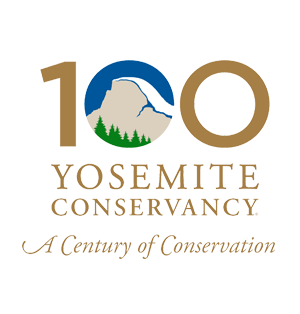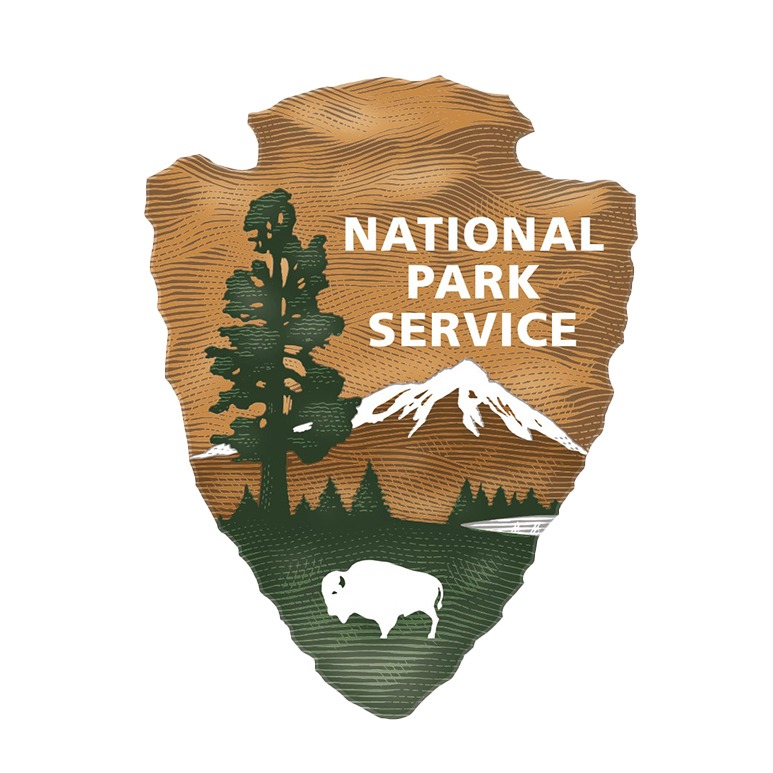*This is a 2022 archived project, view this year’s projects here.
Project overview: Create a narrative of interwoven Tribal stories from historical, contemporary, academic, and Tribal sources.
How your support helps: Yosemite urgently needs an ethnographic narrative that tells the interwoven stories of the affiliated Tribes within the context of historical and contemporary sources. This information is requested daily by park staff, the Tribes, Yosemite Conservancy publications, researchers, and the public.
Most parks already have an ethnographic narrative, but Yosemite does not. There is urgency for this project, because the complex, nuanced, and ambiguous Yosemite Tribal story is not well represented or understood. There are conflicting accounts and multiple points of view. Broader national consciousness regarding inclusion has increased public interest in the Tribal story and the need to tell it appropriately.
With your support, this narrative will increase visibility, awareness, and knowledge of the history of Tribal stewardship, occupation, and living cultural connections that shape Yosemite’s landscape and culture.
The proposed narrative will be a critical and contextual analysis of historical and contemporary written sources blended with oral histories, maps, field work, Tribal consultation, and archeology.
This year: Anthropologists from Portland State University have studied the ethnographic history of Yosemite and worked directly with Tribal members for more than five years. Much of the work needed to write this narrative is complete. In 2022, Yosemite will continue working with these anthropologists — who have researched and written numerous ethnographic narratives for NPS throughout the country — to draft the narrative, consult with Tribes for editing and review, work with the park’s division of Interpretation and Education to ensure relevance, and finalize it for immediate use. The goal of this project is to transform and contextualize this data into a narrative that includes historical, contemporary, and Tribal sources.
Project partners: Yosemite National Park, Portland State University, and Yosemite’s affiliated Tribes: the American Indian Council of Mariposa County (aka Southern Sierra Miwuk Nation), Bishop Paiute Tribe, Bridgeport Indian Colony, Mono Lake Kutzadikaa, North Fork Rancheria of Mono Indians of California, Picayune Rancheria of the Chukchansi Indians, and the Tuolumne Band of Me-Wuk Indians

